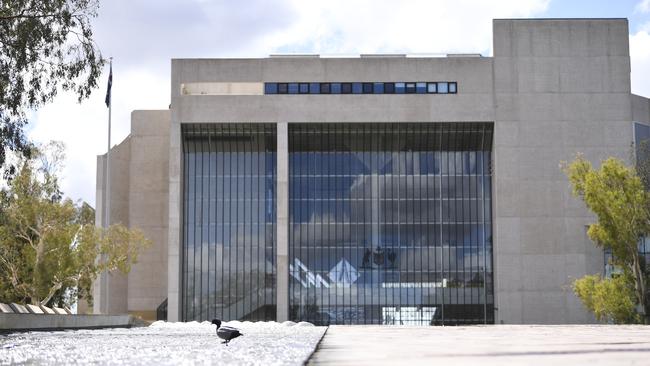
The outcome might be shocking but the court has not gone mad.
And if the government had its eye on the ball it should have seen this coming and had a legislative and regulatory response ready to go.
This case is the latest in a string of contentious rulings in which the court has struck down laws and executive decisions that were at odds with its increasingly hard-line approach to the separation of powers. The principle underlying all those decisions is that the court will not permit ministers and public servants to inflict punishments on anyone – no matter how odious those people might be.
Punishing people is the exclusive responsibility of the judiciary. And it should surprise nobody that the court has almost certainly concluded that indefinite detention fits the definition of punishment.
What we have seen over the past 17 months is that the court is perfectly willing to strike down any law and executive action that infringes judicial power. This is why it is truly shocking that the government appears to have been caught flat-footed by this ruling.
The beneficiaries of this approach won’t win popularity contests. But before lambasting the judges, we should consider whether we would prefer to be punished by politicians or independent courts governed by the rules of natural justice.
In the latest case, the plaintiff is a child rapist known as NZYQ. Other beneficiaries of the court’s approach in the past year or so have been just as endearing. Last year ISIS terror suspect Delil Alexander had his Australian citizenship restored after it was improperly removed under a law that inflicted this punishment without involvement by the judiciary.
Just this month, convicted terrorist Abdul Nacer Benbrika won back his Australian citizenship after it was removed in similarly flawed circumstances.
The court has not yet published its reasons for striking down the government’s practice of indefinitely incarcerating NZYQ and other foreigners if they cannot be deported to other countries.
But the way this case was argued suggests this ruling is likely to be based on constitutional principle rather than misplaced sympathy or hand-wringing.
That said, the manner in which the court made its ruling known leaves a lot to be desired. The decision was announced without reasons, which will be published in due course.
Given the fact that the court has overturned a longstanding precedent that supported indefinite detention it might have been helpful to release its reasons at the same time.
That would have enabled the government to more quickly prepare a legislative response – if that is constitutionally possible. Even though the court’s intransigent approach to the separation of powers has long been apparent, a legislative patch job will still need to take account of the court’s reasons.
Chris Merritt is vice-president of the Rule of Law Institute of Australia




The most startling aspect of the latest High Court decision is not the fact that murderers and rapists have been freed from indefinite immigration detention.